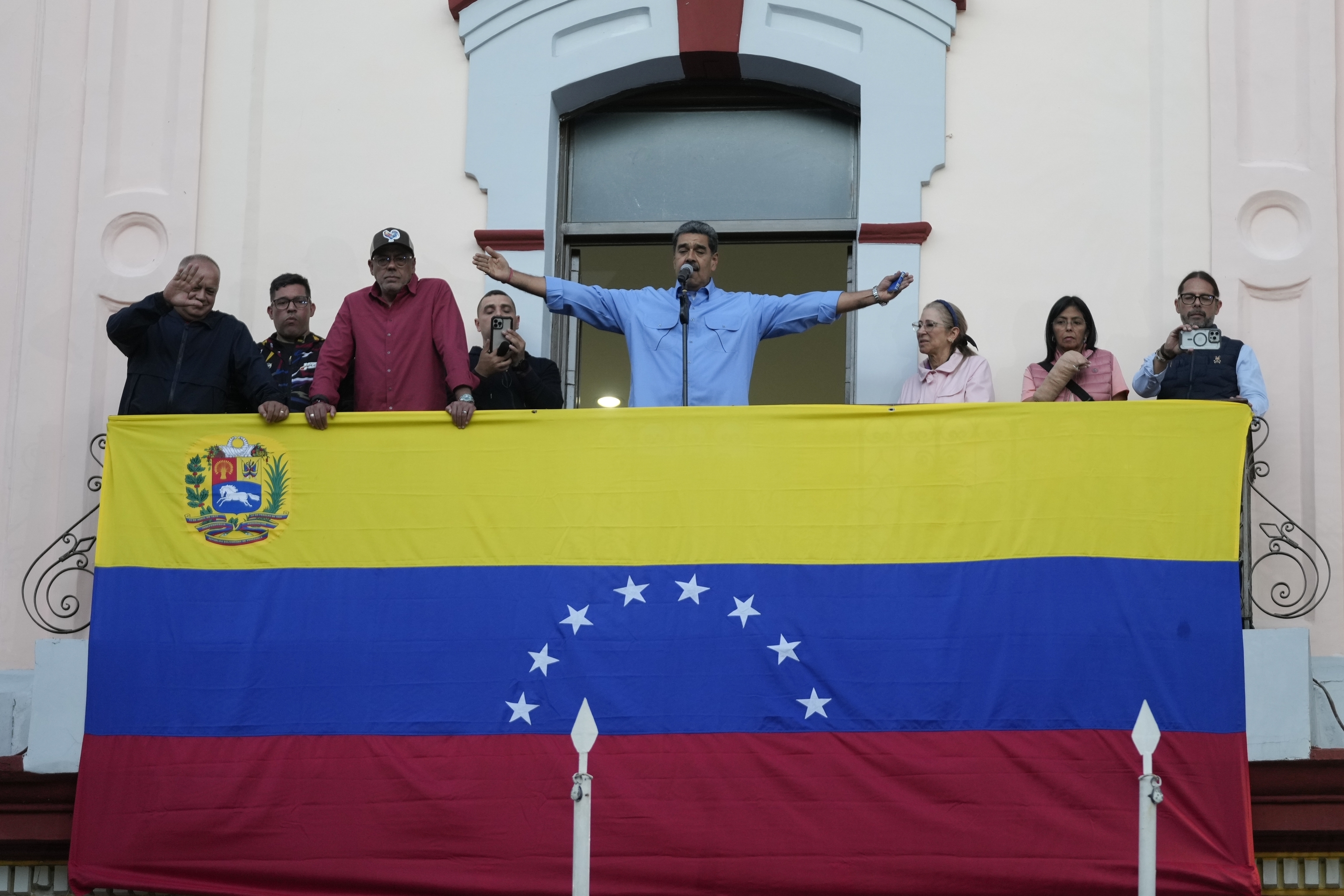Nicolás Maduro is increasingly isolated from the international community. The President of Venezuela does not provide the records confirming the electoral result and continues to persecute the opposition. The latest news is that the politician, heir of Hugo Chávez, has issued an arrest warrant against María Corina Machado, who has rejected any offer of diplomatic protection.
Facing this situation, the Spanish government joins other allied countries and has decided to toughen its stance. Pedro Sánchez, the Prime Minister, stated this morning: "Transparency in the vote count is imperative, to recognize the results, the records of all polling stations must be verified."
Hours earlier, through a post on his X account (formerly Twitter), the Minister of Foreign Affairs, José Manuel Albares, requested that the records be shown to know the true electoral outcome. "We are closely monitoring the situation in Venezuela. The electoral result must be verifiable with total transparency. It is necessary to present the records to recognize the results. We call for calm, civility, and the guarantee of fundamental rights," he wrote on his social media. Foreign Ministry sources also confirm to this newspaper that the government will not recognize any electoral results until the records are made public.
So far, Spanish pressure at the public level has only been carried out through social media posts by the head of diplomacy. Thus, last Monday, hours after Maduro declared himself the winner in the elections, he wrote: "The democratic will of the Venezuelan people must be respected with the presentation of the records of all polling stations to ensure fully verifiable results. We ask for calm and civility in the way the electoral day unfolded." Although the sources consulted do not rule out further diplomatic gestures as events unfold in the coming hours.
Spain has maintained diplomatic relations with Venezuela since 1990, however, in recent years they have deteriorated. In 2018, Maduro expelled the Spanish ambassador in Caracas, accusing him of "continuous interference" in the country's political processes. The government responded with the same measure in Madrid.
In December 2022, to improve relations with Maduro, the Sánchez government appointed a new ambassador. Since then, Ramón Santos has been in charge of the diplomatic mission in Caracas. The Embassy's social media has not commented on the electoral process, only urging Spaniards residing in the country to exercise caution and avoid travel within the country.
Due to political instability and the deterioration of the welfare state in Venezuela, there are currently more than 400,000 Venezuelans residing in Spain. Of them, around 6% were able to vote, being the only ones registered with voting rights by the Venezuelan government.
Given international pressure, former Dominican president Leone Fernández, who is part of the delegation of the Puebla Group dispatched to Caracas to observe the electoral process, issued a statement requesting that the National Electoral Council and the Cartes Center "guarantee the transparency of the electoral process by publishing all the scrutiny records." However, former Spanish president José Luis Rodríguez Zapatero, who is part of that group of observers, did not sign the statement and remains one of the main allies of Nicolás Maduro. So far, there have been 12 deaths and over 800 young people detained in the protests.
